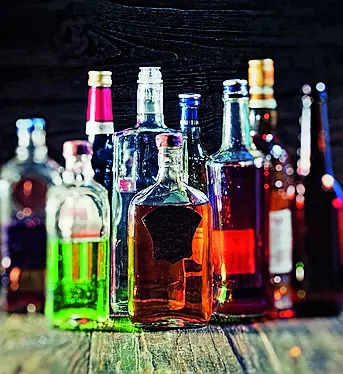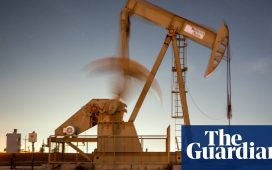“Generally, during elections in India, what we have seen in the past is that there are temporary restrictions imposed by various states like the sale of alcohol. So, I think that would be something that we would anticipate. We know the team in India knows how to manage through that. And I am sure that they will continue to do a good job on that,” Lavanya Chandrashekar, Diageo’s global chief financial officer, told investors, adding that the trend on regulations has been moving in the right direction in India.
Many excise officials posted in liquor factories are co-opted for election duty, apart from the increase in dry days during elections.
AB InBev, the maker of Budweiser and Hoegaarden, said it expects limited disruptions during elections and is preparing to offset brewing and distribution changes during the peak summer season, a period which accounts for more than a third of beer sales.
“We are actively monitoring this to proactively address any production or supply challenges. Summer being the peak season for beer consumption in India, we remain committed to ensuring an uninterrupted and robust supply to meet the existing consumer demand,” said Anasuya Ray, vice-president-corporate affairs, AB InBev India.
Most companies said they will try to prepare and pre-empt the impact on their business across the value chain – from retailers purchasing extra stock to factories building more unfinished goods in advance. Historically, lower priced products see a surge in sales during elections, although this trend has waned over the past decade.The possible disruptions could come at a time when demand for spirits is slowed down due to lower sales of mass-priced products, increased taxes and high base. In India, several state governments either control liquor retailing or wholesale distribution or both, and taxes form a major source of their revenues. Companies, however, said the government is becoming more progressive.Several of the larger states have reduced their import duties or excise duties on alcohol products over the last 18 to 24 months. We are still hopeful around the FTA. With regulations moving in the right direction, I think this all bodes really well for Diageo,” he said.
(You can now subscribe to our Economic Times WhatsApp channel)








